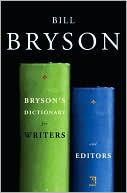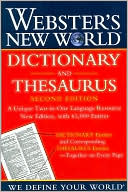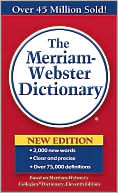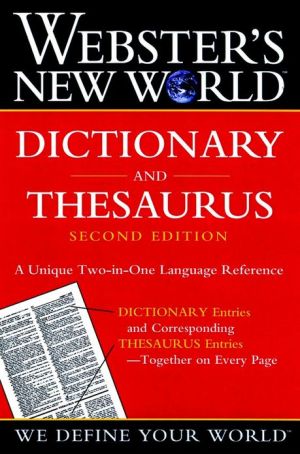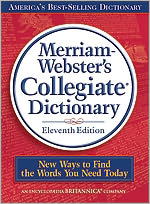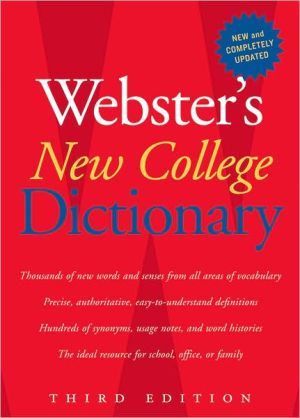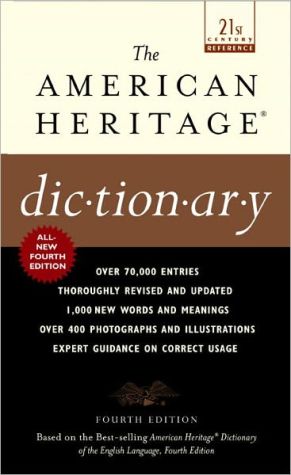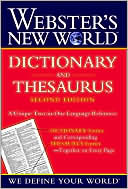Bryson's Dictionary for Writers and Editors
Search in google:
From one of America's most beloved and bestselling authors, a wonderfully useful and readable guide to the problems of the English language most commonly encountered by editors and writers.What is the difference between “immanent” and “imminent”? What is the singular form of graffiti? What is the difference between “acute” and “chronic”? What is the former name of “Moldova”? What is the difference between a cardinal number and an ordinal number? One of the English language's most skilled writers answers these and many other questions and guides us all toward precise, mistake-free usage. Covering spelling, capitalization, plurals, hyphens, abbreviations, and foreign names and phrases, Bryson's Dictionary for Writers and Editors will be an indispensable companion for all who care enough about our language not to maul, misuse, or contort it.This dictionary is an essential guide to the wonderfully disordered thing that is the English language. As Bill Bryson notes, it will provide you with “the answers to all those points of written usage that you kind of know or ought to know but can’t quite remember.” The Barnes & Noble Review I can never remember the definition of chimera. No matter how times I ve looked it up, I always forget its origin and meaning: "A wild or fanciful creation, taken from Chimera (sometimes Chimaera), a mythological beast with the head of a lion, body of a goat and tail of a serpent." Apparently Bill Bryson, author of A Walk in the Woods and A Short History of Nearly Everything, shares this etymological blind spot, because chimera is among the personal entries in Bryson s Dictionary for Writers and Editors, "a personal collection, built up over thirty years as a writer and editor in two countries" and "intended as a quick, concise guide to the problems of English spelling and usage." First published in England by Penguin in the 1980s, Bryson s 398-page compilation has been updated and re-released, and includes definitions, guides to punctuation and grammar, and helpful conversion tables (Celsius to Fahrenheit; kilometers to miles). In short, it s equal parts The Elements of Style, Associated Press Stylebook, Webster s New World Dictionary, and general desktop encyclopedia. "[I]nevitably -- inescapably -- it reflects my own interests, experiences and blind spots," he says in the preface. Knowing that, you might be tempted to ask, "Then who needs this dictionary besides Bryson?" If you re satisfied with your collection of reference books, perhaps this addition is unnecessary. The book, after all, doesn t claim to be a definitive reference book. Then again, does such a thing exist? And what would you call such a wild, fanciful creation? --Cameron Martin
